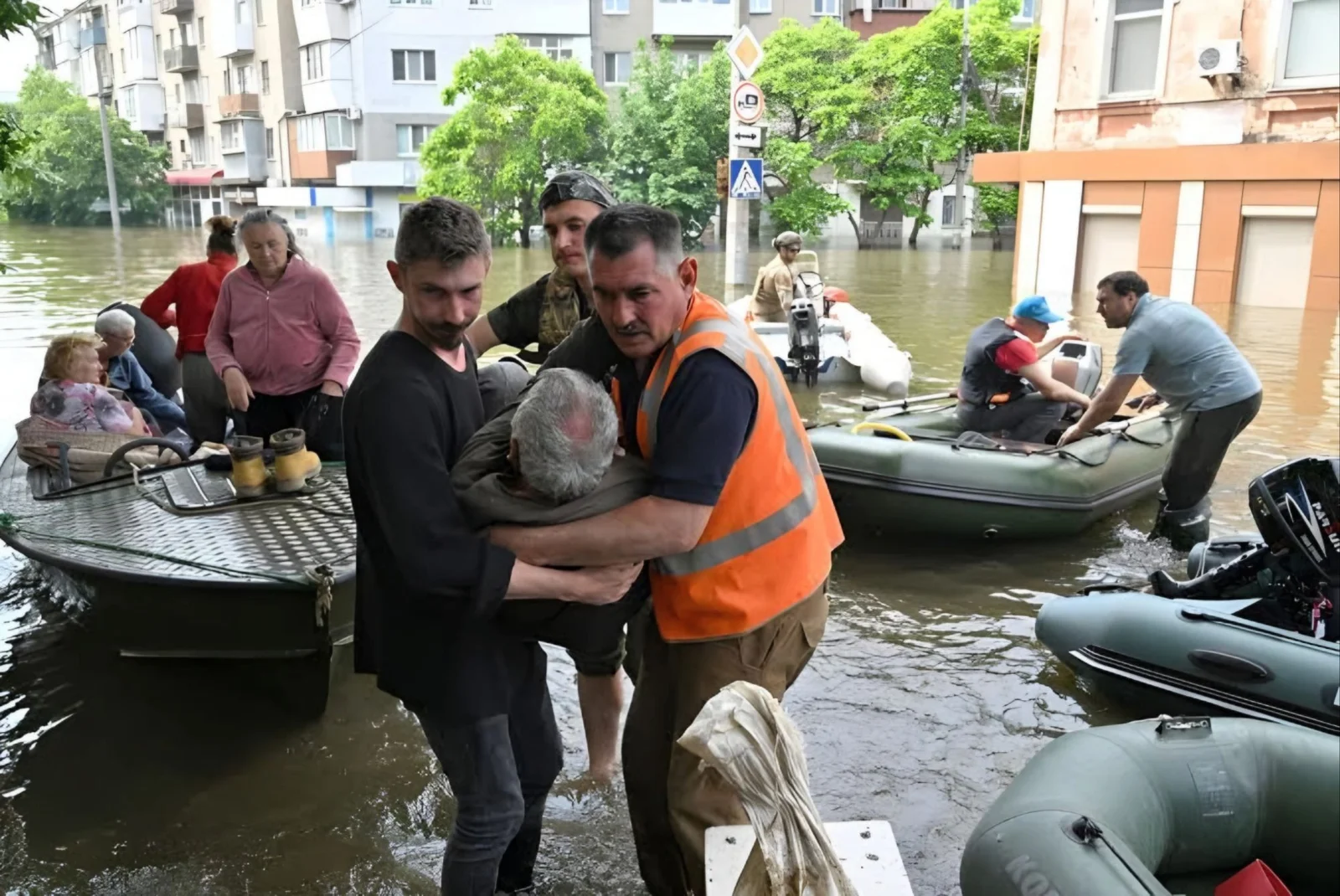
Under 100 Words: A Compact Summary
Recent floods in Russia and Kazakhstan have wreaked havoc, affecting over 100,000 people. Heavy rainfall and snowmelt exacerbated the crisis, leading to significant damage to homes and infrastructure. International support, including from Pope Francis, highlights the need for coordinated efforts to address the long-term implications and enhance disaster preparedness (Russia Floods).
Floods Gripping Russia and Kazakhstan: Understanding the Devastating Impact
Floods are natural disasters that can wreak havoc on communities, causing widespread damage and displacement. Recently, cities and towns across Russia and Kazakhstan experienced the devastating consequences of flooding as Europe’s third-longest river burst its banks, affecting over 100,000 individuals and necessitating urgent evacuation measures.
Immediate Effects of the Floods
The floods engulfed numerous regions, including the Ural Mountains, Siberia, and the Volga, inundating settlements and causing significant damage to homes and infrastructure. In Orenburg, a city with a population of 550,000, hundreds of homes were flooded, and approximately 7,700 people were evacuated as the Ural River surged beyond critical levels (Russia Floods). Despite evacuation orders, some residents remained in their homes, seeking refuge in attics as sirens blared across flood zones.
Factors Contributing to Severe Flooding
Various factors exacerbated the severity of the floods. Natural phenomena such as snowmelt, heavy rainfall, and rising temperatures amplified the volume of meltwater, overwhelming riverbanks, and embankments (Russia Floods). Additionally, human activities, including inadequate water management policies, contributed to the escalation of the crisis (Russia Floods).
International Response
The international community responded to the crisis with expressions of sympathy and solidarity (Russia Floods). Pope Francis conveyed his support for the flood victims in Kazakhstan, urging prayers for those affected by the natural disaster. Meanwhile, leaders of Russia and Kazakhstan engaged in discussions to address the ongoing crisis, emphasizing the need for coordinated efforts to mitigate further damage.
Long-term Implications
The floods’ aftermath extends beyond immediate concerns, encompassing far-reaching implications for affected regions. Environmental degradation, economic losses, and social upheaval present significant challenges for communities post-disaster. Overcoming these issues demands sustained cooperation and proactive measures to bolster resilience against future floods. It necessitates collaborative efforts to rebuild damaged ecosystems, recover from economic setbacks, and address social disruptions (Russia Floods). By fostering ongoing cooperation and implementing proactive strategies, communities can enhance their ability to withstand and recover from future flooding events, thereby mitigating the impact on both the environment and society.
Conclusion
The recent floods in Russia and Kazakhstan underscore the urgent need for comprehensive disaster preparedness and response strategies (Russia Floods). By understanding the complex interplay of natural and human factors contributing to flooding, authorities can implement effective measures to protect vulnerable communities and minimize the impact of future disasters.
FAQs:-
1. How common are floods in Russia and Kazakhstan?
Floods are recurrent events in both countries, particularly during the spring thaw when melting snow and heavy rainfall increase the risk of inundation.
2. What measures were taken to assist flood-affected individuals?
Evacuation orders, emergency shelters, and relief efforts were deployed to aid those impacted by the floods, ensuring their safety and providing essential support.
3. What role does climate change play in exacerbating flooding?
Climate change intensifies extreme weather events, including heavy rainfall and rapid snowmelt, heightening the likelihood of severe flooding in vulnerable regions.
4. How can communities prepare for future floods?
Preparedness measures such as floodplain mapping, early warning systems, and infrastructure improvements can enhance resilience and mitigate the impact of flooding on communities.
5. What is the significance of international cooperation in addressing flood disasters?
International cooperation facilitates resource sharing, expertise exchange, and coordinated response efforts, strengthening resilience and enhancing the capacity to respond effectively to flood emergencies.
ALSO READ – Nippon Steel Spotlights American Presence Amid U.S. Steel Deal Pursuit.